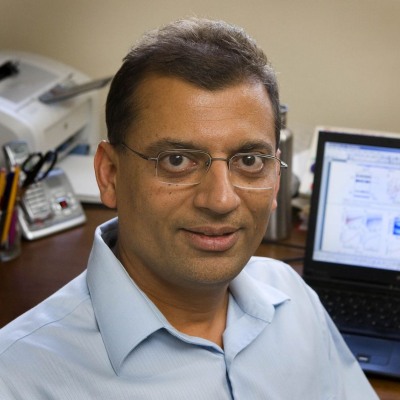检测到您当前使用浏览器版本过于老旧,会导致无法正常浏览网站;请您使用电脑里的其他浏览器如:360、QQ、搜狗浏览器的极速模式浏览,或者使用谷歌、火狐等浏览器。
 下载Firefox
下载Firefox
检测到您当前使用浏览器版本过于老旧,会导致无法正常浏览网站;请您使用电脑里的其他浏览器如:360、QQ、搜狗浏览器的极速模式浏览,或者使用谷歌、火狐等浏览器。
 下载Firefox
下载Firefox
北京大学定量生物学中心/麦戈文脑科学研究所/心理与认知科学学院
学术报告
题 目: Physics of interacting networks and the ground state of the brain
Professor in Departments of Physics, Neurology and ECE at UCLA
Director of Center for Physics of Life,Keck center for Neurophysics and spearheads the Neuro-AI initiative at UCLA
时 间: 4月18日(周四)15:00-16:00
地 点: 吕志和楼B101
主持人: 吴思 教授
摘要:
The brain is perhaps the most complex entity, composed of astronomically large components that are dynamic, that interact via free parameters that can’t be measured in vivo. Most theories of the emergent neural dynamics are based on the Ising model of interacting spins, e.g. various Hopfield attractor models. While these models can explain neural dynamics qualitatively, but not quantitatively, partly because these models often make assumptions that violate crucial neurobiological facts. The challenge is to develop a fundamental, physics style theory of network dynamics that respects neurobiological facts. Further, the theory should use only a handful of equations and free parameters to maintain predictability and generalization to reveal fundamental principles. Yet the theory should explain quantitatively, not just qualitatively, a wide array of experimental data. We have recently developed such a theory about the ground state of interacting networks, and a technique to test the theory quantitatively in vivo. About a dozen in vivo observations quantitatively match the simple theory with just two free parameters. This theory-experiment combination reveals a novel type of memory generated by interacting networks that is both dynamic and energy efficient.
Mayank Mehta did PhD in QFT. Since then he has been doing theory and experiments to understand how networks of neurons interact and learn. He is a professor at UCLA in the departments of Physics, Neurology and ECE. He directs the Keck center for Neurophysics and the Center for Physics of Life and spearheads the Neuro-AI initiative at UCLA. More information at Mayank Mehta / TED talk
